06 Nov Malta market shows no signs of slowing
Malta, the beautiful archipelago situated between Sicily and North Africa has seen its fair share of empires and merchants, from the Phoenicians, the Greeks all the way to the Romans, trying to dominate it throughout the centuries.
From its independence from the UK in 1964, its economy has gradually evolved, and has been steadily growing since its entry in the EU in 2004.
The one noticeable aspect of its economy is the ever-growing prices of real estate properties. Kevin Buttigieg, chief executive of RE/MAX Malta, said that: “During the period of our existence there has never been any one year where we did not register year-on-year growth”.
According to property data provider Global Property Guide, Malta’s house price index rose almost 80% from 2000 to 2007, with a slight downturn during the crisis years (2009-2013) only to see a steady rise again in the last few years.
The one main downfall is Malta’s limited space, thus opportunities to develop new sites are limited as the entire country is only 320 sq. kilometres (making it the 10th smallest nation by area) and its capital could actually fit in London’s Hyde Park.
“Perhaps the most ambitious [projects] now are the skyscrapers being developed in the Saint Julian’s or Sliema areas, with completion dates set for the end of 2020. Valletta is also a very much sought-after location but property there is very limited and prices have now reached historical highs,” says Buttigieg
Robert Spiteri Paris, co-managing director of Perry, an estate agent with 3 offices in Malta, said that: “the government has announced a number of incentives with the purpose of encouraging the restoration and reuse of scheduled property and tax incentives for clients purchasing properties in urban conservation areas”. As an incentive, buyers in these areas will be required to pay only half the stamp duty, which is usually 5% of the purchase price.
Spiteri Paris also added that the government granted special designated area status to several new developments, meaning that “both EU and non-EU nationals can purchase property in Malta with the same acquisition rights as Maltese citizens”.
He estimates that around 90% per cent of Perry’s clients are expats looking for rentals and around half of those are looking to purchase. This is partly thanks to the government incentives that attract expat buyers, including the recently added Malta Individual Investor Programme, a citizenship-by-investment programme tailored for non-EU buyers. Buttigieg said that this programme has “generated property sales and rentals, as well as an assured income to the country”. According to Global Property Guide, rental yields are around 4.4% gross.
Local agents are very optimistic as they have seen 5 consecutive years of record sales. According to Buttigieg Malta as “a sellers’ market” and Spiteri Paris anticipates “continuing demand for quality property in the year ahead”.
Malta’s only problem is space, which for Spiteri Paris is a real challenge. The last census, in 2011, showed a population density of 1,320 people per sq. kilometre, against an EU average of 116.6. So, if you are an expat looking to go somewhere quite with few people then Malta may not be for you.

